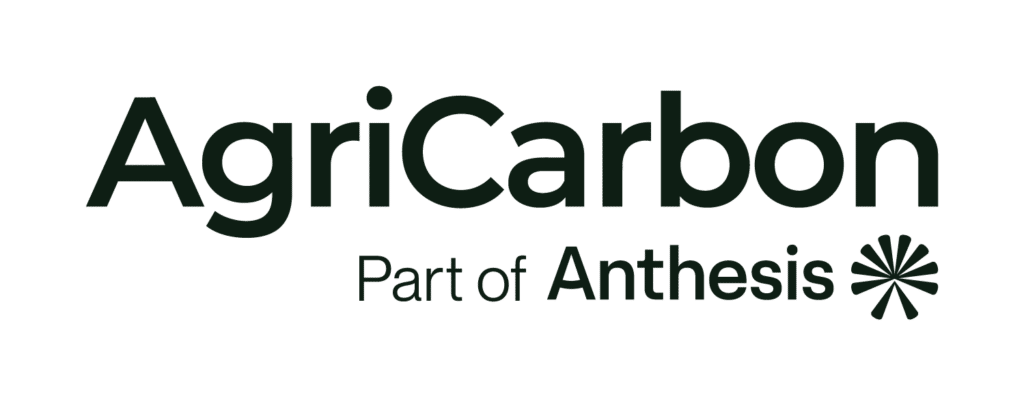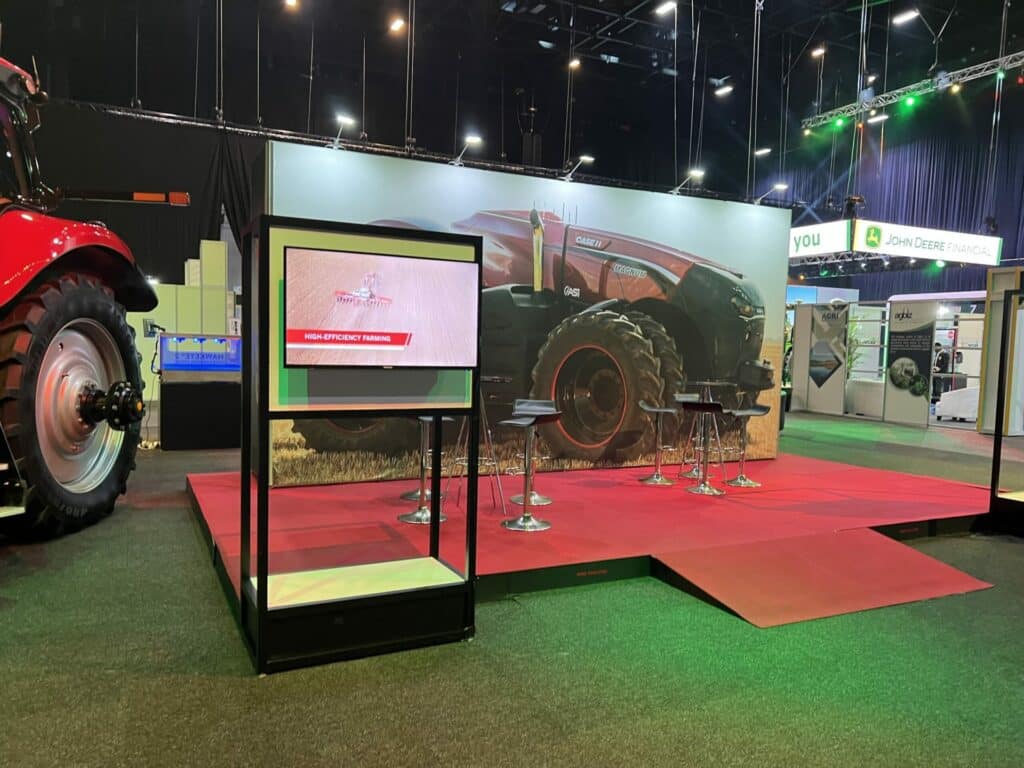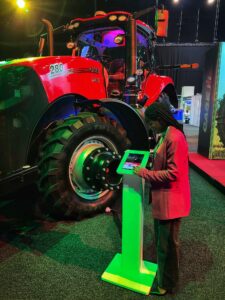By Siviwe Malongweni
AgriCarbon Research Specialist, Siviwe Malongweni attended the Africa Agri Tech Conference in Pretoria earlier this month.
According to Siviwe, the conference kick started with a point of discussion aligns with the purpose of our AgriCarbon programme, “Farming isn’t a battle against nature, but a partnership with it. It is respecting the basics of nature in action and ensuring that they continue.”
Day 2’s presentation by Tom Puddy on “Technologies for reducing GHG emissions from beef and dairy cattle” proved to be the conference highlight.
“It’s a known fact that methane emission from enteric fermentation of ruminants is a significant contributor to GHG emissions and a major concern for global warming. However, seaweed could be a mitigation strategy because it is rich in bromoform which effectively inhibits the production of methane in the cows rumen,” said Siviwe.
According to Tom Puddy, bromoform can be extracted from seaweed and utilised as a feed additive to reduce livestock methane emissions by up to 90%. In his study he uses canola oil to extract bromoform from seaweed and injects it in animal feed. This results in 20% productivity gain.
“South African regenerative farmers who signed up for the Climate Neutral Group South Africa AgriCarbon programme practice holistic planned grazing. This regenerative agricultural practice enables farmers to sequester enormous amounts of carbon in the soil (and at a profit) whilst promoting biodiverse landscapes. I personally think it would be quite interesting to see if AgriCarbon farmers would be willing to give seaweed a try,” she said



